
Biomedical writer Aimee Cunningham is on her second tour at Science News. From 2005 to 2007, she covered chemistry, environmental science, biology and materials science for Science News. Between stints Aimee was a freelance writer for outlets such as NPR and Scientific American Mind. She has a degree in English from the University of Michigan and a master’s degree in science journalism from New York University. She received the 2019 Award for Excellence in Science and Medical Journalism from the Endocrine Society for the article "Hormone replacement makes sense for some menopausal women."

Trustworthy journalism comes at a price.
Scientists and journalists share a core belief in questioning, observing and verifying to reach the truth. Science News reports on crucial research and discovery across science disciplines. We need your financial support to make it happen – every contribution makes a difference.
All Stories by Aimee Cunningham
-
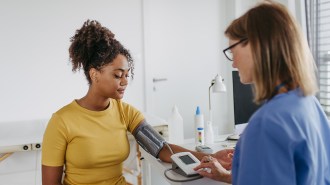 Health & Medicine
Health & MedicineBlood pressure may read falsely high if the arm isn’t positioned properly
A clinical trial found blood pressure readings were higher with the arm on the lap or along the side, compared with supported at heart height.
-
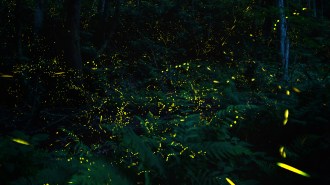 Animals
Animals‘Night Magic’ invites you to celebrate the living wonders of the dark
In the book ‘Night Magic,’ Leigh Ann Henion writes of encounters with salamanders, bats, glowworms and other life-forms nurtured by darkness.
-
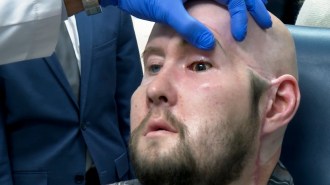 Health & Medicine
Health & MedicineThe first face transplant to include an eye shows no rejection a year later
A man who received a partial face transplant that included an eye can’t see out of the eye, but there is blood flow to it.
-
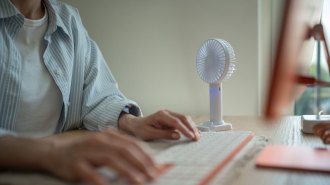 Health & Medicine
Health & MedicineA new drug shows promise for hot flashes due to menopause
Two clinical trials found that the nonhormonal drug elinzanetant eased hot flashes and improved sleep, two common menopause symptoms.
-
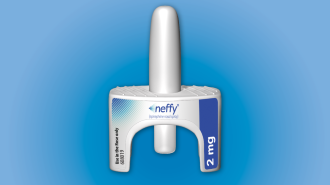 Health & Medicine
Health & MedicinePeople with food and other allergies have a new way to treat severe reactions
A new epinephrine nasal spray gives people a needle-free way to treat severe allergic reactions to food, insect venom and drugs.
-
 Health & Medicine
Health & MedicineHIV prevention may only require two injections per year
There were no new HIV infections among adolescent girls and young women taking a new PrEP formulation, a twice-yearly shot of the drug lenacapavir.
-
 Health & Medicine
Health & MedicineThe odds of developing long COVID dropped as the coronavirus evolved
As different coronavirus variants took center stage during the pandemic, the chances of developing long COVID fell, especially for vaccinated people.
-
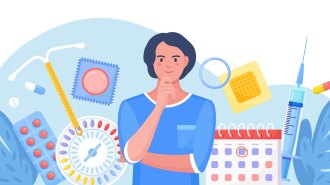 Health & Medicine
Health & MedicineHow doctors can help demystify birth control amid online confusion
There’s a larger takeaway from some social media content about hormonal birth control side effects: People aren’t getting the information they need.
-
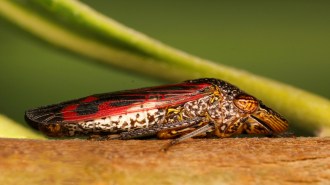 Agriculture
Agriculture50 years ago, scientists ID’d a threat to California wine country
Fifty years after scientists identified the cause of Pierce's disease, which damages vineyards, there still isn't a cure.
-
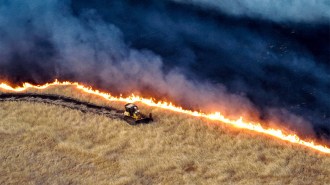 Health & Medicine
Health & MedicineWildfire smoke may cause tens of thousands of premature deaths
A modeling study of California wildfires from 2008 through 2018 estimates that smoke exposure was responsible for as many as 55,700 premature deaths.
-
 Health & Medicine
Health & MedicineExtreme heat will put millions more older adults at risk in the future
By 2050, as many as an additional 246 million adults 69 and older could experience temperature extremes that exceed 37.5° Celsius.
-
 Health & Medicine
Health & MedicineCollege students want to help during an opioid overdose but don’t know how
A survey of college students reported many are comfortable calling emergency services for an overdose, but fewer know how to intervene with naloxone.